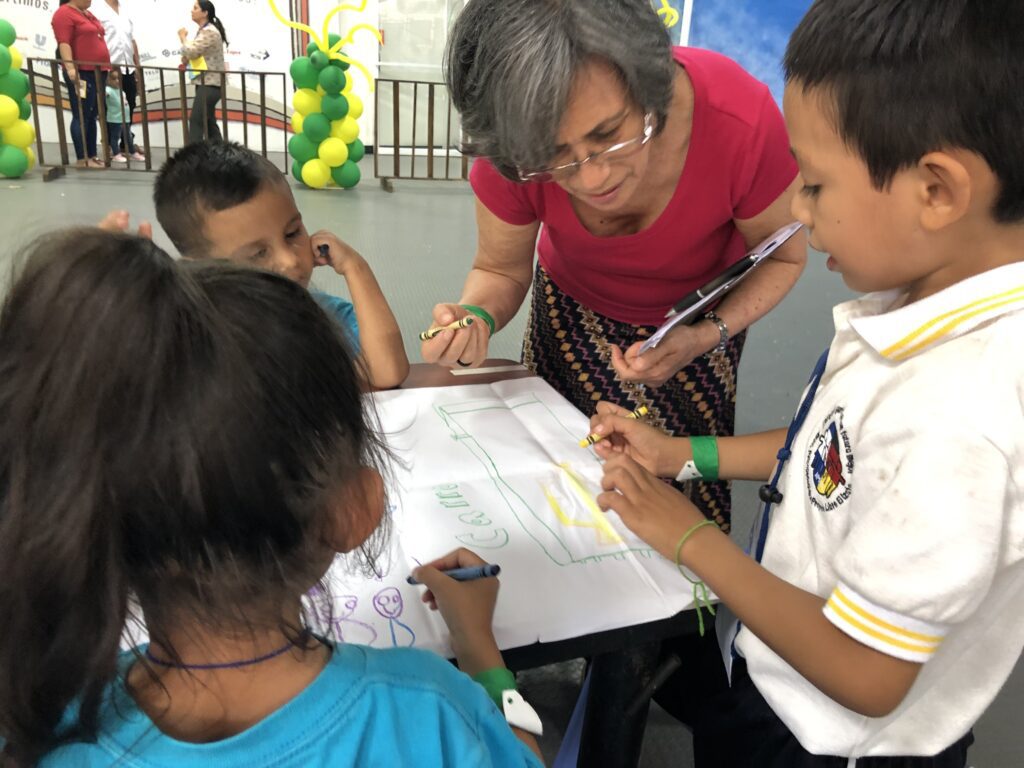A series of pilot workshops with young children are being held in different parts of the world, as part of the two-year process to adapt the Learning to Live Together Programme to middle childhood years. After reaching 70 children in Kenya and Portugal, two new workshops were held in Romania and El Salvador.
The pilot in Romania took place from 17 to 18 April 2019, in Bucharest, and was organized in close collaboration with Education for Change Association, Kids Palace School, and GNRC – Romania. A total of 29 students aged six to 11 from Kids Palace School participated in the workshop. One of the main characteristics of this group was its diversity; children came from Buddhist, Christian, and Muslim religious upbringings, and represented diverse cultural and ethnic backgrounds, including Belgian, Chinese, Romanian, Roma, and Turkish.
The sessions were conducted by three Facilitators of the Learning to Live Together Programme, of which two are also accredited Learning to Live Together Trainers, with extensive experience in the implementation of the Programme.
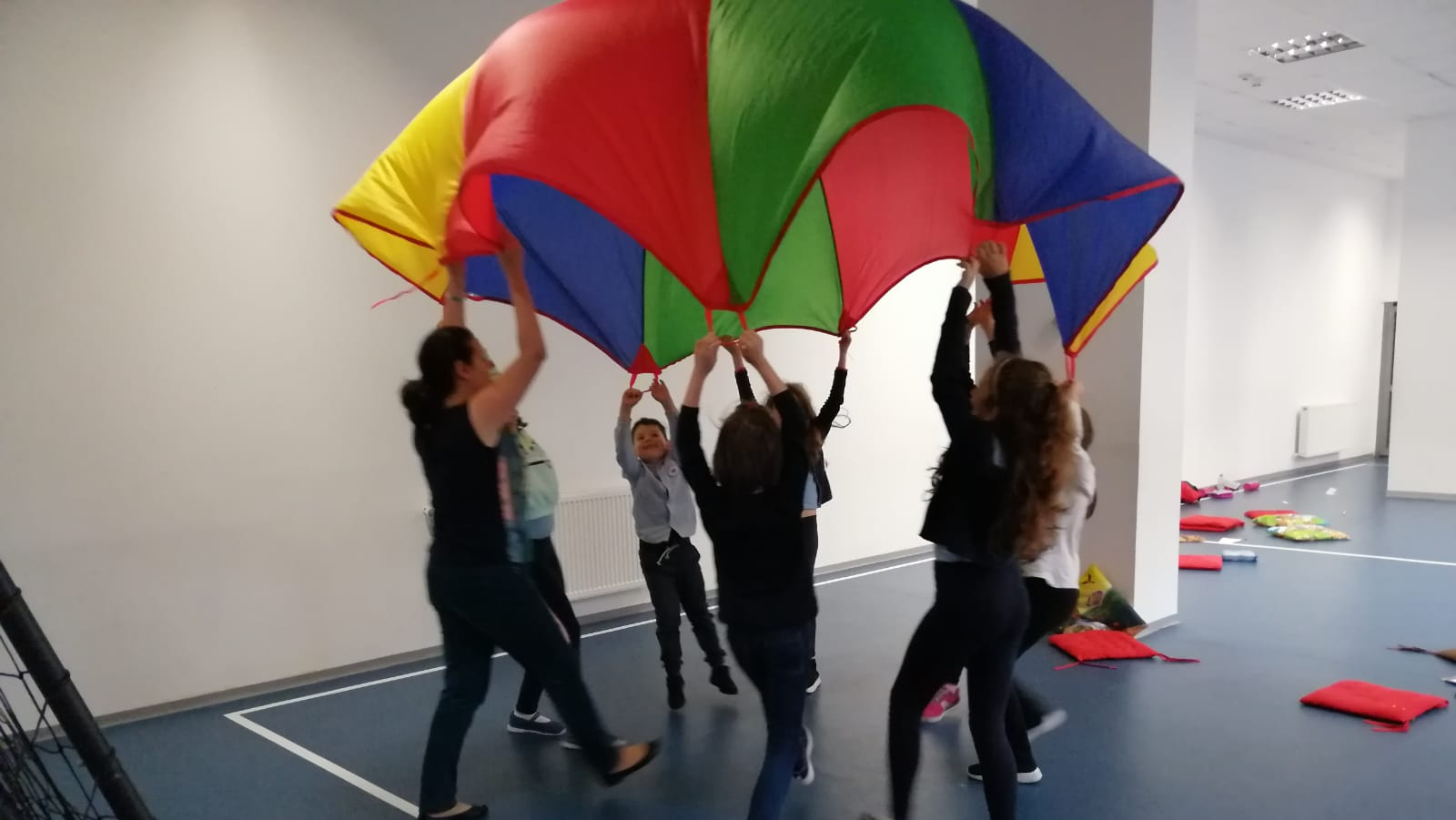
To address different issues reported by the teachers, a variety of activities were proposed to the children. They engaged in role-playing to help them identify and express their emotions in different situations, and they did group painting to foster interconnectedness and improve their team-work skills. Guided games were used as ice breakers, but also to help children better understand the dynamics within a group, and the importance of respecting the rules and working together as a team. Self-regulation and self-motivation were nurtured through the Learning Log, a notebook which they use throughout the activities to record their personal experiences and feelings.
“I learned that when we have different opinions we have to respect it and to not judge the others and that we have to help the people in need,” said a 10-year-old student.
Spaces were created for the children to think and reflect on their own communities and how they can work together to help shape the societies they want. They also had the opportunity to hear the experiences of a group of high school students who are actively involved in several projects to transform their communities.
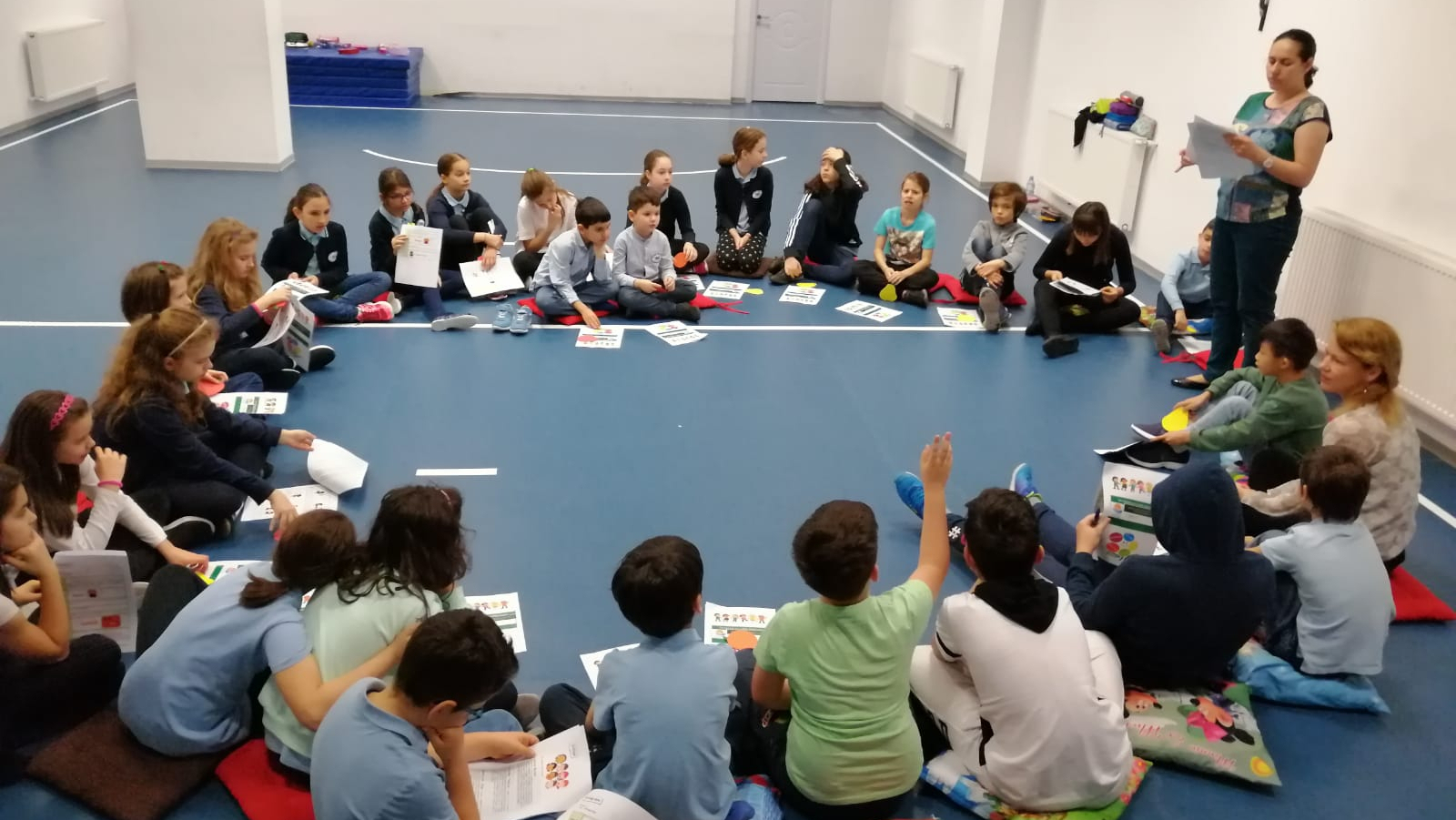
Some of key lessons shared by the children were: “I want to be a better person and to think before I act”, “I want to be calm and to check what happened first, and not yell”, “to start to listen to the opinions of others, because we are different”, and “to cherish what I have”.
The pilot in El Salvador was held from 28 – 30 April 2019, in collaboration with the Foundation Centro Bartolomé de Las Casas and GNRC – El Salvador. It brought together 38 children from 5 communities and from diverse cultural, ethnic and religious backgrounds.
The venue for this workshop was the Children’s Museum in San Salvador, a place with many spaces and opportunities for children to be in direct contact with nature, and with a variety of learning spaces such as a fair market, a small farm, a miniature train station and airport, a planetary, and a theatre. They participated in exhibitions with diverse topics like clean energy production, protecting themselves online, protecting nature, and nurturing values or emotions.
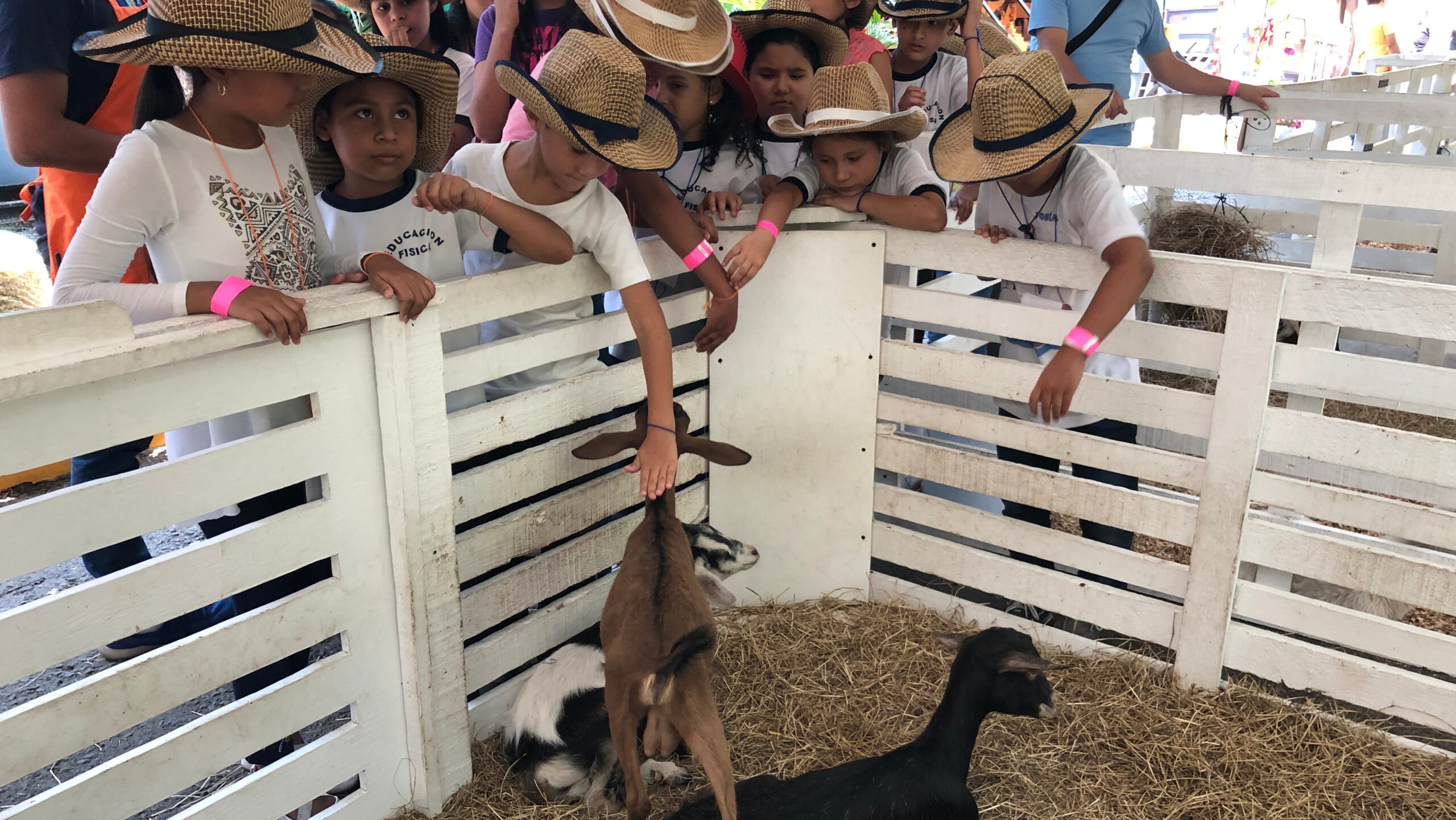
The sessions were built on their concrete experiences from the exhibitions and were connected to topics as nurturing values, making critical decisions, protecting the environment, experiencing the divine in nature, and exploring and protecting their rights as children.
As a preparation for the pilot workshops, stakeholders’ meetings were organized in each country to fully understand the needs of the local children, discuss the importance of nurturing spirituality, values and ethics education in the country, and finding ways to introduce the Learning to Live Together Programme in each particular context.
The meeting in Romania was organized by GNRC – Romania, and Education for Change Association in collaboration with Arigatou International – Geneva, and was held on 16 March 2019. The stakeholders attending the meeting included religious leaders, representatives from UNICEF and non-governmental organizations working with Roma children, members of parents’ associations, primary school teachers, inspectors and counselors, and early childhood psychologists, as well as members of Commission on Child Protection and from GNRC – Romania.
The considered and thoughtful discussions helped to significantly raise awareness about the urgent need of adapting the Programme to middle childhood years. The participants expressed their interest and commitment to support the implementation and to scale up of the Programme in Romania.
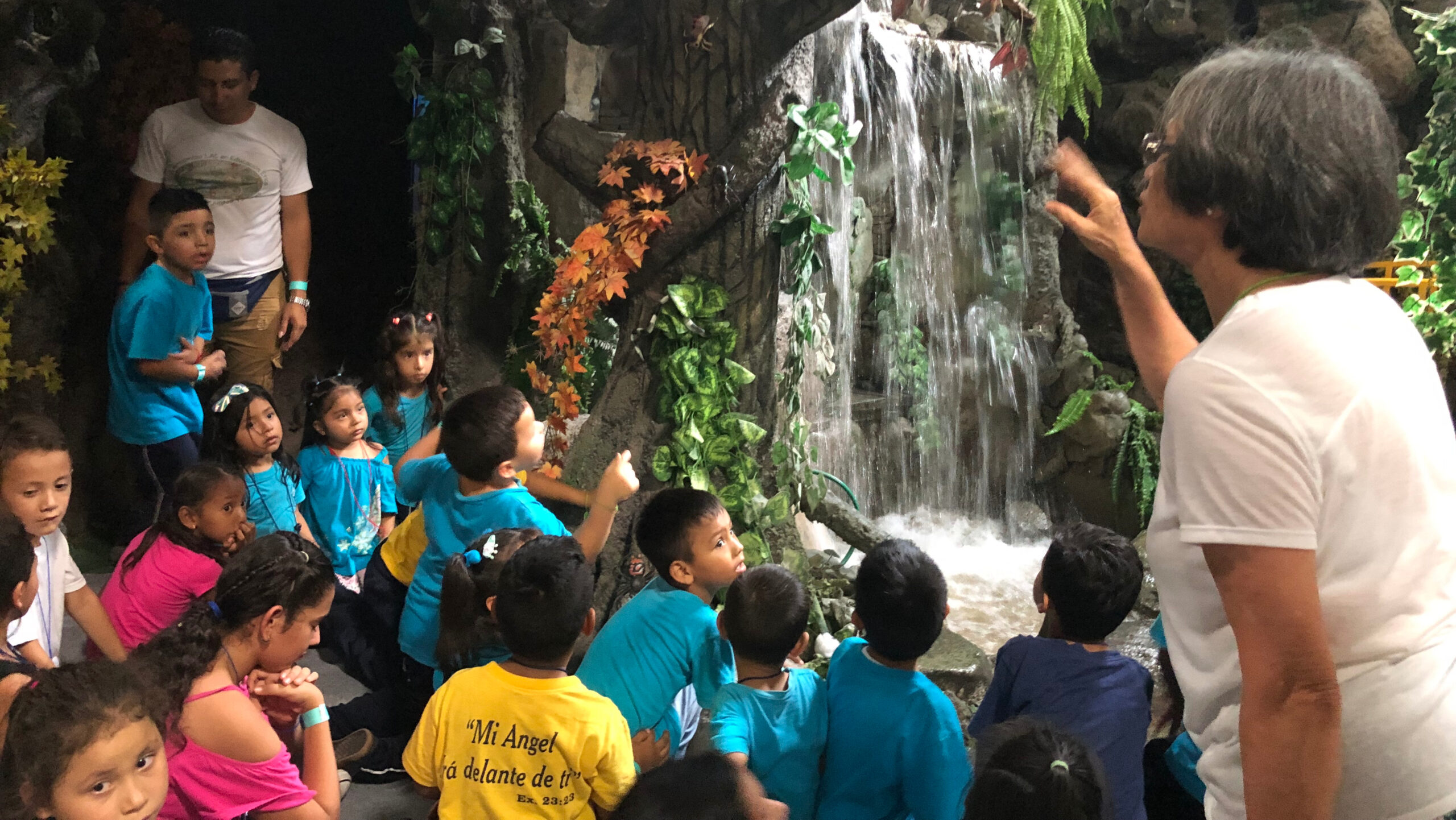
The meeting in El Salvador took place on 25 April 2019 organized by Centro Bartolomé de las Casas, and GNRC – El Salvador in collaboration with Arigatou International – Geneva. Thirty-five religious leaders and representatives from Christian and Muslim institutions, as well as members of academia, pedagogues, and educators, together with teachers implementing the Programme, participated in the meeting.
The discussions looked into the role of faith communities and educators in creating learning opportunities for children to nurture spirituality, values, and ethics in areas heavily affected by violence. Participants shared theological reflections, good practices, challenges and opportunities on these topics.
We thank the local partners and co-organizers for their institutional support, as well as the stakeholders for their strong and insightful inputs. We especially thank the schools, parents, and children for taking part in these pilot workshops and allowing us to share this journey with you.
